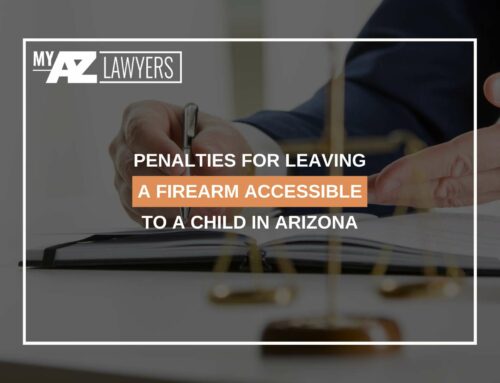Table Of Contents
A Quick Guide to the Divorce Process
Divorce isn’t just an emotionally confusing process; it’s also a legally confusing one. Trying to navigate your way through the legal process can create stress that will make your emotional journey an even more trying one. The best thing you can do is hire the best divorce attorney you can to guide you through the process and ensure that your rights are being protected at every step along the way.
Learning a bit about what you can expect from the divorce process before you speak to a divorce lawyer can also put you more at ease. Then you can come prepared to ask education questions of your attorney. Here’s a quick guide to what you can expect from the divorce process:

Filing the Petition
The first thing you have to do in the divorce process is file the petition. This is what most people think of when they say they are going to file for divorce. The petition tells the court that you want to divorce, and it states the grounds for the divorce, if there are any. In most cases, there are no grounds for divorce. You’ve just decided that you no longer want to be married. This would be referred to as “irreconcilable differences,” and most states recognize that as a no-fault divorce.
Filing a Temporary Order
Issues like child custody or child support may take a year or more to decide while your divorce makes its way through the system. In the meantime, you can’t just fight it out with your spouse. You will need to file a temporary order with the court to determine these issues for the short term.
Your divorce lawyer can help you get a ruling on a temporary order within a few days of filing. That order will remain in effect until you can get a court date for your divorce and the judge can make an official ruling.
Service of Process
After you file the petition for divorce, you need to officially notify your spouse through what is known as service of process. This involves serving your spouse with a copy of the divorce petition. You can’t do this yourself. Instead, you would hire a professional process server or pay the sheriff’s office to conduct the service of process for you. Specific rules must be followed to ensure this process is done properly. Without it, your divorce cannot proceed.
Response
Your spouse usually has 30 days to respond to your divorce petition. For example, if you have accused your spouse of adultery in the petition, your spouse may choose to contest the charge or to make his or her own charge against you. In most cases, the petition goes without a response, and when the time period expires, the divorce process continues. Your spouse can also sign a waiver that would end the response period and allow things to move forward more quickly.
Negotiation Period
Few spouses agree on everything and are ready to just sign the divorce papers. Instead, they will fight over who gets the house, how much time each will have with the children, how much child support should be paid, who gets the retirement accounts, and so on. Once the petition has been filed and the response time is over, the negotiations can begin.
Mediation is often helpful for couples during this time. A mediator can help them work through the important issues and come to an agreement instead of taking the matter to court. Being able to solve these issues through mediation can save a lot of time, money, and heartache.
Litigation
If you cannot resolve your issues through your attorneys or through a mediator, you will need to take your case to court. Your divorce will get very expensive very fast if you have to go to court. Your attorney will have to compile evidence, call witnesses, and more to fight for the things you want, and the process can drag on for months or even years, depending on how stubborn each of the parties are.
Divorce Order
Whether you get there through mediation or litigation, the final stage of the divorce is the order of dissolution. The final divorce order will spell out how your assets and debts will be dissolved, who will have custody of the children, who will pay child support and how much, and other issues. The order will also declare that you are legally divorced, and it can grant the woman return of her maiden name if she desires it (instead of her having to go through a name change afterward).
Divorce can be a contentious process, and that can make it seem more intimidating. But the divorce process is actually pretty straight forward. It’s getting to the agreement that can be difficult. Work with the best divorce lawyer you can afford to help you come to resolution faster and to get the settlement you desire.
My AZ Lawyers can help. Our compassionate divorce attorneys have developed strategies over years of experience that can help couples reach resolution quickly and as amicably as possible. Our primary goal is to help our clients get the settlements they want. Our next goal is to help them get that a quickly as possible and with as little dispute as possible. Call our Arizona office today to start talking to a divorce lawyer and learn how to protect your rights.
Published By:
My AZ Lawyers
Mesa Location:
1731 West Baseline Rd., Suite #100
Mesa, AZ 85202
Office: (480) 448-9800
Glendale Location:
20325 N 51st Avenue Suite #134, Building 5
Glendale, AZ 85308
Office: (602) 509-0955
Tucson Location:
2 East Congress St., Suite #900-6A
Tucson, AZ 85701
Office: (520) 441-1450
Avondale Location:
12725 W. Indian School Rd., Ste E, #101
Avondale, AZ 85392
Office: (623) 399-4222











